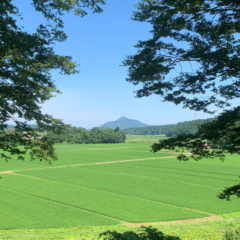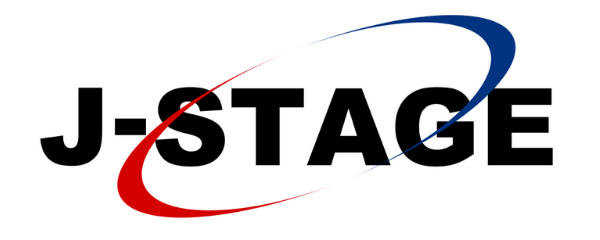[1st Announcement] Call for Presentations: The 35th Annual Conference of the Japan Society for International Development (JASID) and the 14th Annual Conference of the Japan Association for Human Security Studies (JAHSS)...
The 35th Annual Conference of the Japan Society for International Development (JASID) and the 14th Annual Conference of the Japan Association for Human Security Studies (JAHSS) will be co-organized for the first time in five years. The beginning of this year saw the Noto Peninsula Earthquake. The effects of climate change are felt in every corner of the world, and the risk of the recurrence of a pandemic remains. The number of forcibly displaced...
Planning and Management
Overall planning and management Members YAMADA, Shoko (Chair) MATSUMOTO, Satoru OGUNI, Kazuko JASID Reasonable Accommodation Working Group (WG) YAMAGATA, Tatsufumi (Chair) OGUNI, Kazuko KAWAGUCHI, Jun DOBASHI, Yoshito MORI, Soya JASID Talent Recommendation Working Group (WG) ITO, Sanae (Chair) TAKAHASHI, Motoki YAMAGATA, Tatsufumi
JASID Reasonable Accommodation Working Group
JASID encourages all its members to participate actively and freely in any societal activity. Along with this policy, JASID shall follow the reasonable accommodations in line with the United Nations Convention on the Rights of Persons with Disabilities. JASID established the “Reasonable Accommodation Policy of JASID,” (outlined below) based on which it provides sign language interpretation services and hires guides to assist the members with visual disabilities to travel to conferences. JASID Reasonable Accommodation...
[RG24-1] Migration and Development
Nyberg-Sorensen, N et al. (2002) describe the increasing interconnectedness of migration and development with the term The Migration-Development Nexus. Migration is now specifically mentioned in the SDGs. In Japanese society, the Corona disaster has prompted organizations that have been involved in international development, such as JICA and NGOs, to provide new support to migrants living in Japan. In Japan, however, migration and development studies have developed separately, and the link between the two has...
Online Symposium “Exploration of Practical Wisdom and Resilience Overcoming Downside Risk – Collecting grassroots voices in Africa under COVID-19.”Feb. 9(General Public)
SDGs Collaborative Research Unit, Institute for Future Initiatives, the University of Tokyo, will host an online symposium as a part of a research project on the impact of COVID-19 in seven African countries. We would be very appreciative if you could participate. 2nd Symposium on “Exploration of Practical Wisdom and Resilience Overcoming Downside Risk – Collecting grassroots voices in Africa under COVID-19.” Outline Date: 2024.2.09(Fri.)18:30-20:30 (JST) Venue: Online seminar (Zoom Webinar) Language: English (Simultaneous...
[RG23-1] Gender and Development
The enhancement of gender equality and women’s empowerment is an important issue to be addressed by the global community. It is also the target of an independent goal, Goal 5, and considered from a cross-disciplinary perspective to tackle other goals in the Sustainable Development Goals (SDGs). The concept of ‘Gender and Development’ has been adopted since the 1970s. It has made women visible in the development field and raised awareness of gender issues in...
The 23rd JASID Spring Conference
【The 2nd Announcement】 We received many applications for our conference this year. All the applications were reviewed at the Conference Organization Committee on March. 27, and all the decisions were sent to the applicants. We would like to ask the applicants to confirm it. Seventeen sessions (community, education, children, development, NGO, SDGs, disaster, environment, society/economy etc.) will be held at the 23rd JASID Spring Conference: three organized sessions, seven roundtables, seven oral presentation sessions,...
About the 23rd JASID Spring Conference 【The 2nd Announcement】
We received many applications for our conference this year. All the applications were reviewed at the Conference Organization Committee on March. 27, and all the decisions were sent to the applicants. We would like to ask the applicants to confirm it. Seventeen sessions (community, education, children, development, NGO, SDGs, disaster, environment, society/economy etc.) will be held at the 23rd JASID Spring Conference: three organized sessions, seven roundtables, seven oral presentation sessions, together with a...
The 1st Announcement: The 23nd JASID Spring Conference
The 23rd JASID Spring Conference webpage uploaded the first announcement and starts accepting application. In order to apply, please see https://www.jasidconference.org/ The 23rd JASID Spring Conference Executive Committee 【The 1st Announcement】 The 23rd JASID Spring Annual Conference is scheduled to be held on 18 June 2022, Saturday, ONLINE. The overall theme of this Conference is “Do you know, we have already been doing SDGs.” As in the previous years, (1) oral presentations (open topic),...
[RG22-3] Social and Solidarity Economy
Just as Goal 10 of the SDGs is “eradication of inequality”, “widening inequality” has become a major issue in the international community in the 21st century, and one of the causes is “expansion of globalization by capitalist economy” or “expansion of globalization by capitalism”. We think about the view that there is a “prevalence of market capitalism” is deep-rooted. If the cause of “increasing inequality” lies in the “capitalist economy,” then “correcting” or “substituting”...
the Journal of International Development Studies, Number 29, volume2
We sent members our journal.
Appeal for Enlargement of Cooperation with Developing Countries to Counteract COVID-19 Outbreak
The new coronavirus spreads all over the world and is reaching to developing countries. Facing this catastrophic crisis, countries are now attempting to isolate themselves from others and to concentrate on countermeasures to protect their nationals. As United Nations Secretary-General António Gutierres said on March 31, it is obvious that the infection of COVID-19 in developing countries has just started growing, and that the damage in health and economy in the regions will be...
[RG21-4] Resilience of Development and SDGs
The former research division named JASID-SDGs has finished its activity in success to examine “Transformation of the world: the 2030 agenda for sustainable development”, including sustainable development and “sustainable development targets (SDGs)” based on multi-disciplinary academic perspectives, as a leading academic society for international development and cooperation. The newly formed research group will inherit the result and network of JASID-SDGs and additionally, it will consider the concept of resilience as the significance topic of...
[RG19-4] Development and Business
In the era of SDGs, the actors involved in development activities in Global South are increasing from international organizations, aid agencies, and NGOs, to large and small private companies. In this study group of Development and Business will pay particular attention to Japanese SME actors (including large companies and multinational companies in some cases), and how private companies can contribute to solving “development problems / social problems in developing countries”. We will focus on...
[RG21-2] Development Approach to Human Security of Children
‘Human security’ is a concept to address safety and security of individual human beings, complementing the traditional concept of state security. It is also a concept to recapture security from the perspectives of protecting people from threats and hazard against their lives, livelihood and dignity, and of empowering people to become more resilient to such threats and hazard, adapting to such social environment. The objectives of this research group “Development Approach to Human Security...
[RG21-1] Ethical Agri-food Systems and Rural Development
Ethical agri-food systems and rural development Poverty alleviation is placed as the first object in the SDGs as well as in the MDGs. Most impoverished people are peasants in the Global South. Accordingly, the SDGs put a high priority on rural development. However, it is difficult for peasants to get out of poverty under the current global agri-food system. Although Fair Trade (FT) has a potential to solve such difficulty by providing an alternative...
Regional Engagement
Bridging Local and Global knowledge for community development We inspire researcher who are in geographically disadvantaged area and revitalize research and development activity through creating a platform for knowledge sharing for community development, connecting people who are interested in community development and international cooperation. SANO, Mayuko (Chair) UBUKATA, Fumikazu KAJI, Hideki KIMATA, Yoichiro KUDO, Shogo TATSUMI, Kazuko HAYASHI, Yutaka
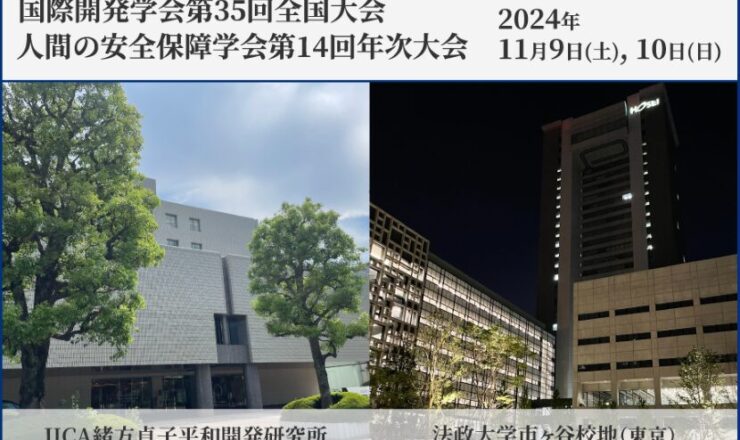




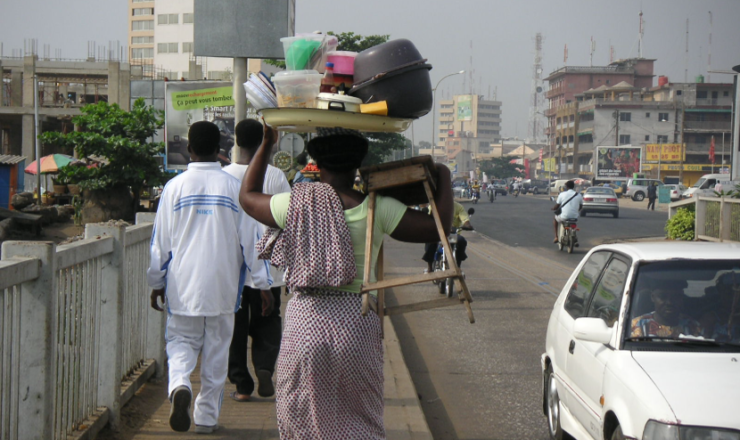

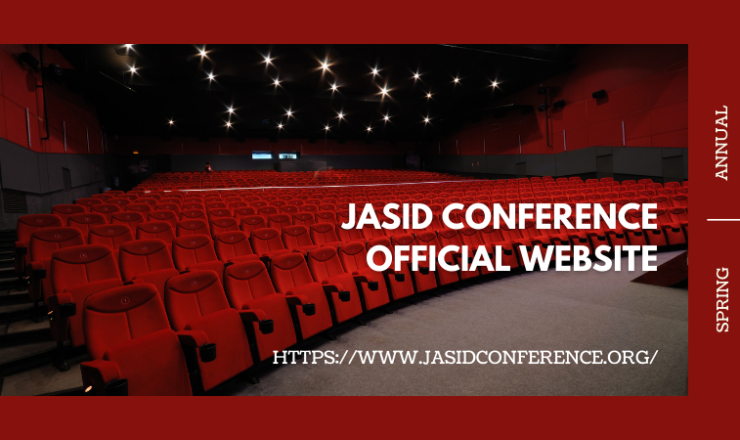
![社会的連帯経済 [FY2022-]](https://jasid.org/wp/wp-content/uploads/2021/11/eye-Social-and-Solidarity-Economy-740x440.png)
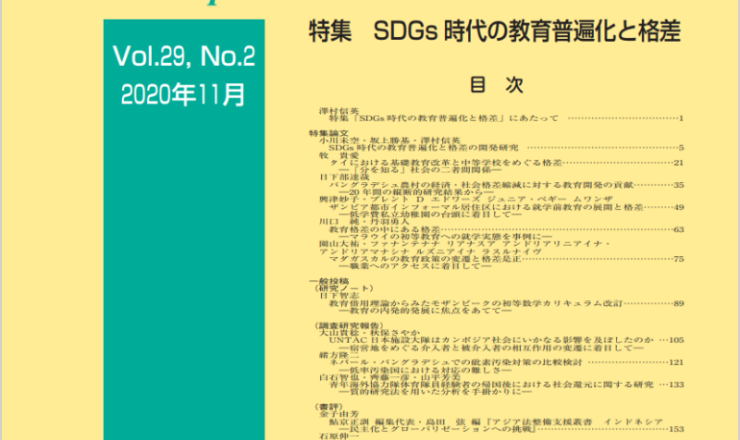

![開発のレジリエンスとSDGs [FY2021-]](https://jasid.org/wp/wp-content/uploads/2021/04/rersearch-groups-eye-8-740x440.png)


![倫理的食農システムと農村発展 [FY2021-]](https://jasid.org/wp/wp-content/uploads/2021/04/rersearch-groups-eye-5-740x440.png)
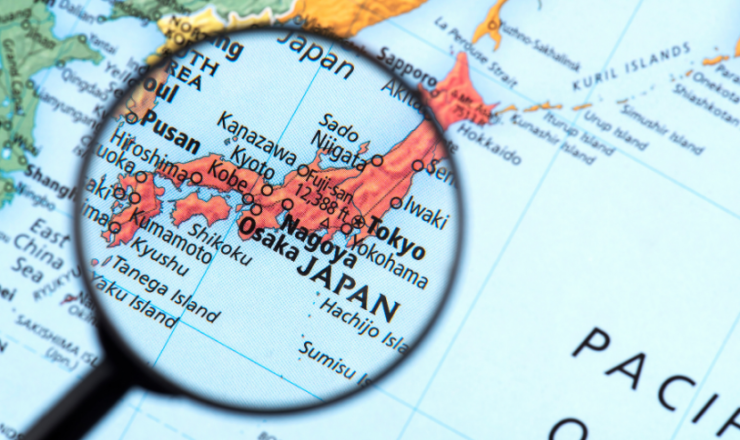
![社会課題解決のための開発とイノベーション [FY2022-]](https://jasid.org/wp/wp-content/uploads/2021/11/eye-Solving-Social-Problems-240x240.png)


